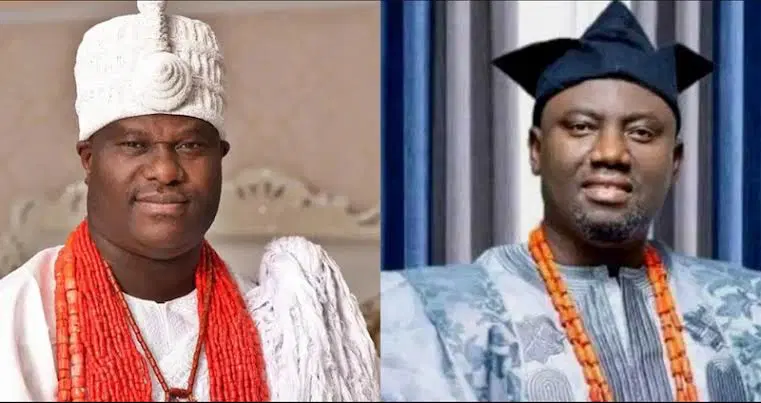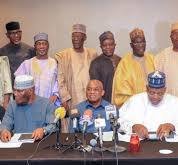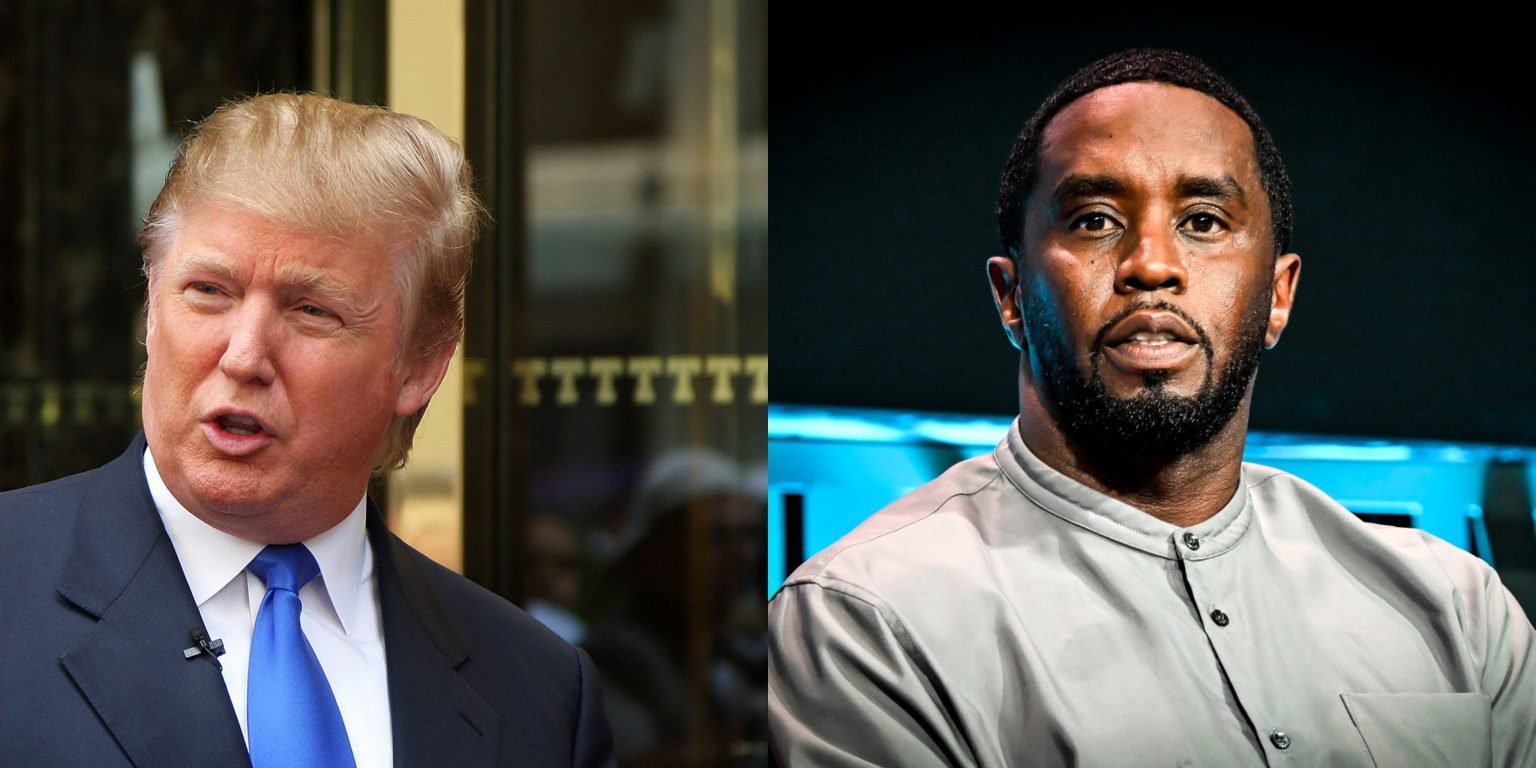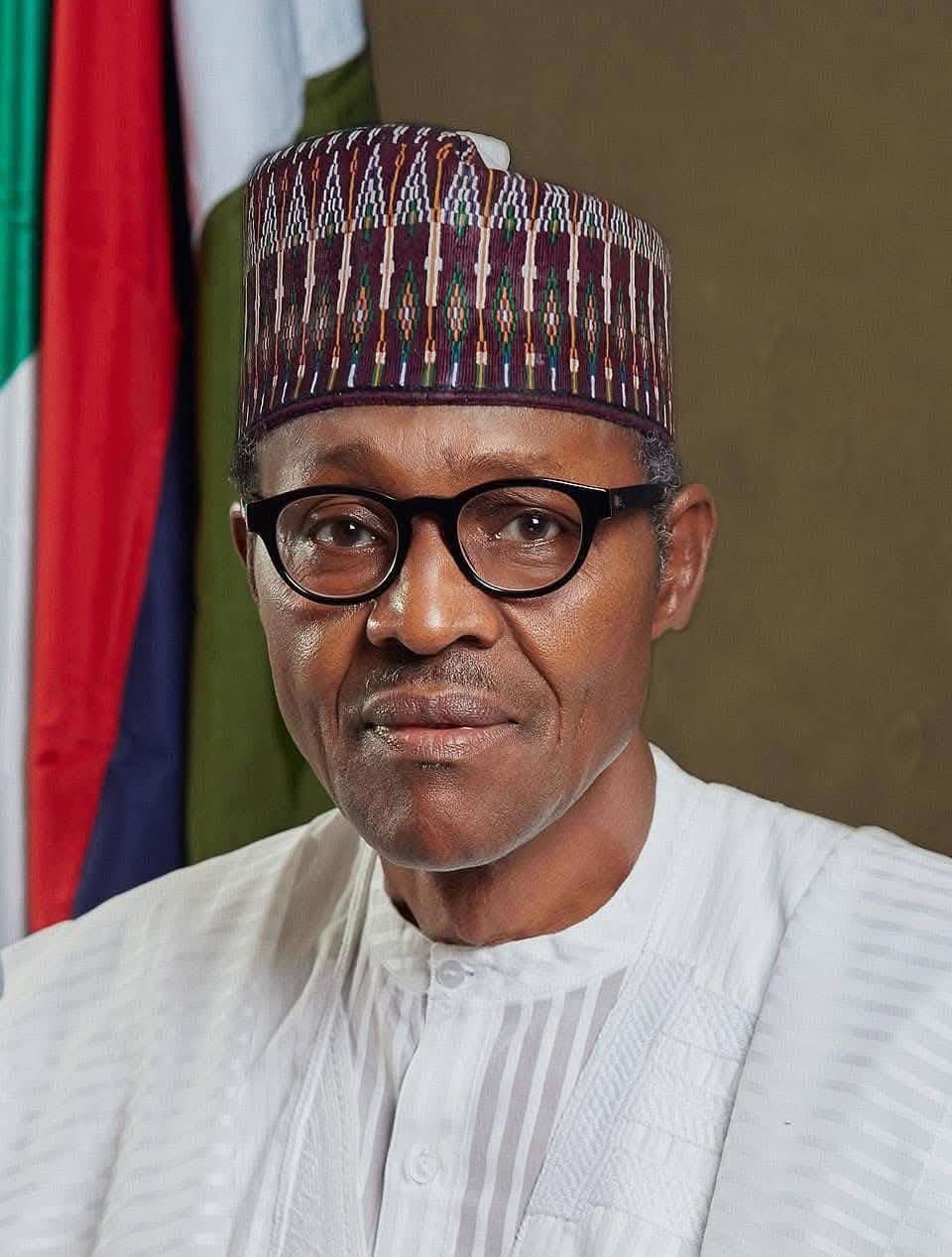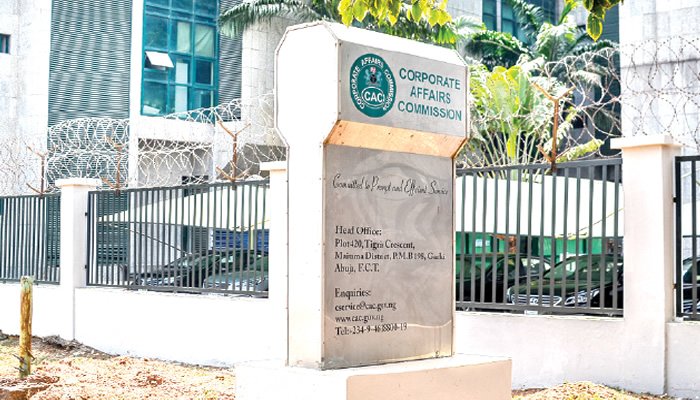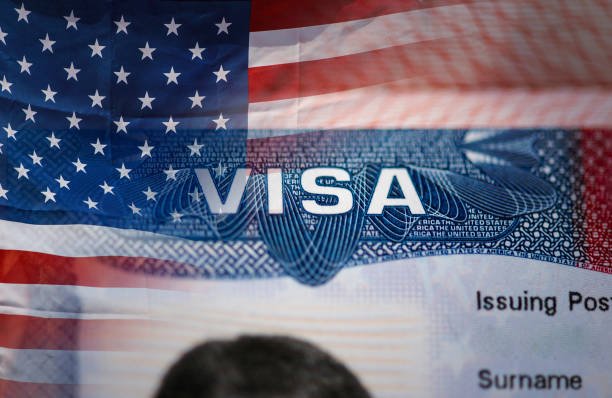President Bola Ahmed Tinubu has officially abolished the five percent excise duty on telecommunications services, a move aimed at reducing financial pressure on millions of Nigerian subscribers and boosting the digital economy.
The announcement was made by the Executive Vice-Chairman of the Nigerian Communications Commission (NCC), Dr. Aminu Maida, during an interactive session with journalists in Abuja on Tuesday.
Tinubu’s Decision to Remove Telecom Levy
Dr. Maida confirmed that the tax, originally suspended in 2023, has now been completely scrapped by the President.
“The excise duty, it was five per cent or so, that is no longer there,” Maida said. “Before, it was suspended, but now the President has been magnanimous to remove it entirely. I was very pleased when the bills came out and we saw his words were followed through.”
The 5% telecom levy was first introduced in 2022 under former President Muhammadu Buhari as part of a broader tax reform bill. However, strong public backlash against its effect on consumers forced the Tinubu-led government to put it on hold in July 2023 before now abolishing it entirely.
Impact on Telecom Subscribers and the Industry
According to Maida, the removal will ease financial pressure on subscribers while stimulating growth in the telecommunications sector, which is central to Nigeria’s digital economy.
The NCC boss revealed that the commission is implementing reforms focused on:
-
Transparency and accountability in service delivery.
-
Consumer protection through improved complaint handling.
-
Corporate governance to attract both local and foreign investments.
He also disclosed that starting September, the NCC will release a public map of network performance showing independent data on download speeds, latency, and service quality. Additionally, a quarterly network performance report based on real user data will be published to ensure accountability from operators and infrastructure providers.
Telecom Reforms and Consumer Protection
Dr. Maida noted that the telecom sector, which was liberalized in 2000 to end monopoly, now requires new policies to meet the realities of artificial intelligence (AI), Internet of Things (IoT), and remote technologies.
On consumer concerns about rapid data depletion, Maida stated that independent audits by top accounting firms found no evidence of systemic fraud. Instead, factors such as device settings, background applications, and complex tariff plans were identified as causes of high data consumption.
To address this, the NCC in partnership with the Central Bank of Nigeria (CBN) has developed a new framework to standardize recharge processes and improve transparency in billing.
NCC Advises Nigerians on Data-Saving Measures
The Director of Consumer Affairs Bureau, Freda Bruce-Bennett, urged subscribers to adopt cost-saving practices such as:
-
Turning off autoplay on social media platforms.
-
Limiting background data usage.
-
Relying on Wi-Fi networks when available.
Currently, Nigeria boasts 172 million active telecom subscribers, with 141 million internet users and over 105 million broadband connections, underscoring the critical role of telecom in national development.
Meanwhile, the NCC’s Director of Public Affairs, Nnenna Ukoha, commended the media for amplifying the commission’s initiatives and encouraged continued engagement for transparency and accountability.





